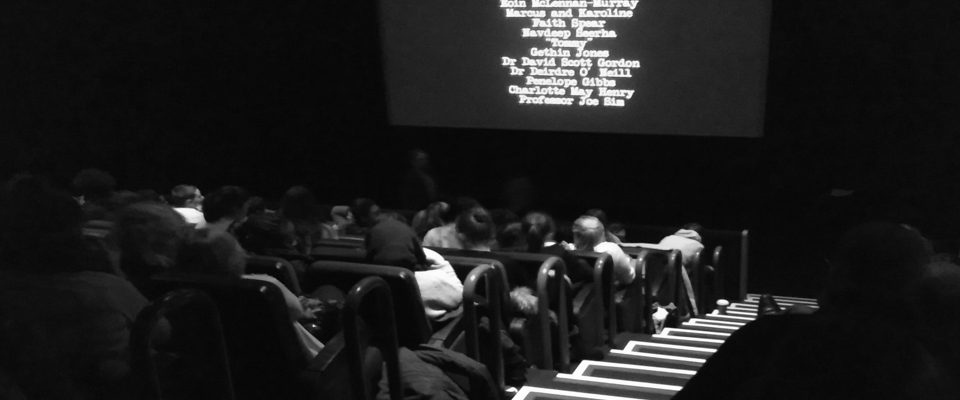Class, Venezuela and news: The BBC’s reporting of Hugo Chavez and the Bolivarian revolution
How the media reports foreign news is always problematic. Here we see how journalists cover Venezuela in the news media.
A number of scholars have pointed to the role of media in establishing and maintaining national identity (Morley 2000; Scannell and Cardiff 1991), to the role of national interests in framing foreign reporting (Herman and Chomsky 1988; Nossek 2004) and to appeals to the nation to delegitimize certain politi-cal movements as partial (Glasgow University Media Group 1976; Kumar 2005; Schlesinger 1991). These studies show that although it is clear that journalists do have relative autonomy in many respects, this autonomy works within a broader interpretive framework, or reportorial language, that is shared by the audience. In this sense, nationalism and the nation state are common-sense realities that constitute a shared frame of reference between most journalists and audiences and institutionalized in news organizations.
Here we consider a particular form of nationalism, used when media reports foreign news, which we refer to as a particularly western ‘liberal nationalism’ (see Canovan 1996; Miller 1995; Tamir 1993). This refers to an ideology in which nation-ally based liberal institutions are considered to serve the nation as a whole rather than one class and in which (an assumed) national unity should be preserved. Here we look at how the BBC News Online’s reporting of Hugo Chavez and the Bolivarian revolution in Venezuela between 1998 and 2008 employs a liberal nationalist framework that allows BBC journalists to frame the situation without recourse to political debate, and allows them to take sides without appearing to do so explicitly. Insofar as there are different, competing narratives, we find that they are structured in such a way as to give discursive preference to ‘the nation’, represented by ‘the opposition’, whose class basis is unrecognized. In this sense, the dominant class interests of the Venezuelan ‘nation’ are used to frame the Bolivarian revolution, without, of course, stating this class basis explicitly. We find that appeals to national unity, and the emphasis on disruption and threat to national unity, seem to override other concerns, structuring the overall narrative as one in which an external threat (Chavez) misleads Venezuelans to misunderstand their real (national) interests.
In the broader study from which this article is drawn, an analysis of a larger collection of 304 articles published on the BBC News Online website between 1998 (when Chavez was first elected) and 2008 (the beginning of the study) was used to get a sense of the overall balance of articles. We gathered the articles by using the BBC’s own search engine, searching for ‘Venezuela’, and then augmenting this with a Google search: ‘Venezuela site: news.bbc.co.uk’. We then manually collated the articles to exclude those with only minor mentions, for example, if Venezuela was merely mentioned as being present at a meeting. Here we under-take a close textual analysis of a sample of articles drawn from the larger study. Here we are interested in how BBC News Online communicate their understanding of the social, economic and political divisions that frame Venezuelan politics. We were especially interested in the significance of these divisions as explanatory factors in understanding support for and opposition to the Bolivarian Government of Venezuela, for example whether there would be any recognition of class, how it would be framed, how evident divisions are dealt with and what the causes are said to be. The ways in which this division is recognized and dealt with can help illustrate ideological tendencies in the BBC’s news reporting.
Read more on international journalism here https://www.researchgate.net/publication/233580625_Class_nationalism_and_news_The_BBC’s_reporting_of_Hugo_Chavez_and_the_Bolivarian_revolution
